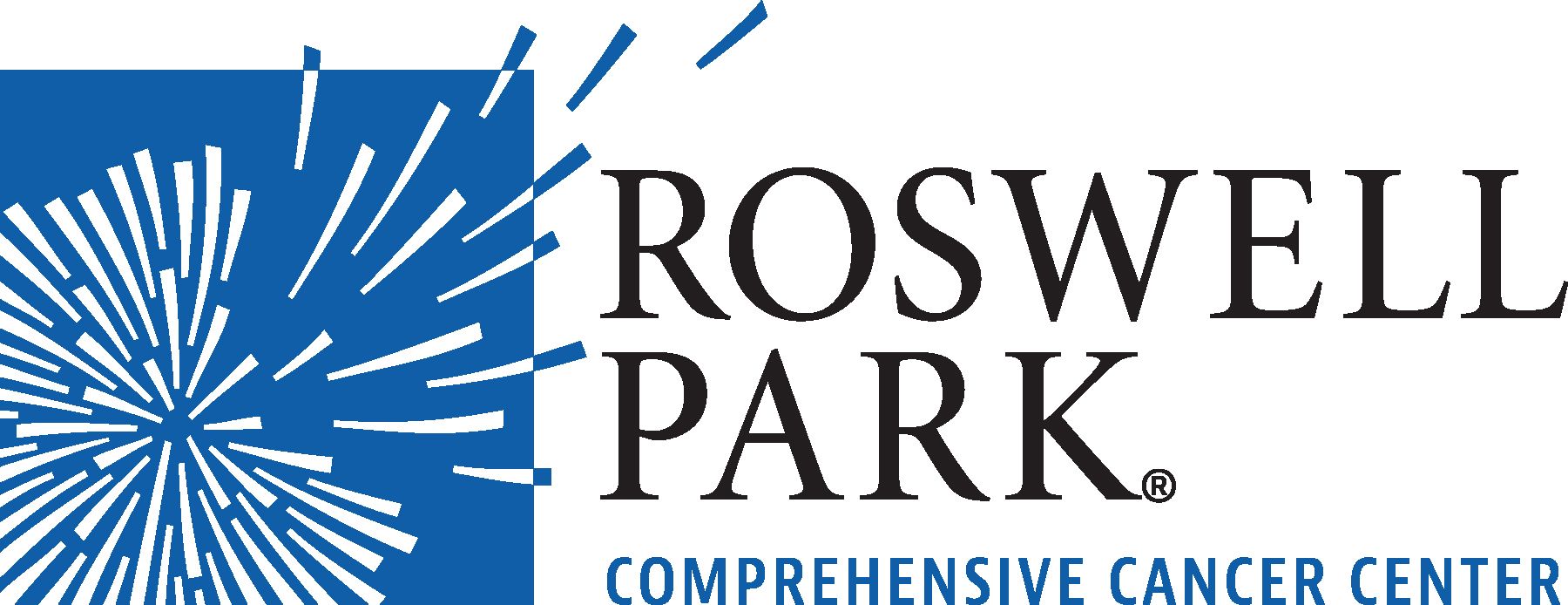
Dr. Adjei on Adverse Events From MEK Inhibitors

Alex A. Adjei, MD, PhD, Professor and Chair, Department of Medicine, Katherine Anne Gioia Chair in Cancer Medicine, Senior Vice President, Clinical Research, Roswell Park Cancer Institute, discusses eye toxicity from MEK inhibitors.
Alex A. Adjei, MD, PhD, Professor and Chair, Department of Medicine, Katherine Anne Gioia Chair in Cancer Medicine, Senior Vice President, Clinical Research, Roswell Park Cancer Institute, discusses eye toxicity from MEK inhibitors.
The most concerning side effect from treatment with MEK inhibitors is eye toxicity. Though blurred vision is the most common side effect, one patient experienced retinal vein thrombosis. This case caused a delay in the development of MEK inhibitors as a whole.
After testing MEK inhibitors extensively, Adjei says, researchers and physicians have found that eye toxicities are resolved when treatment is stopped. A patient can then receive a reduced dose and tolerate it well.




































